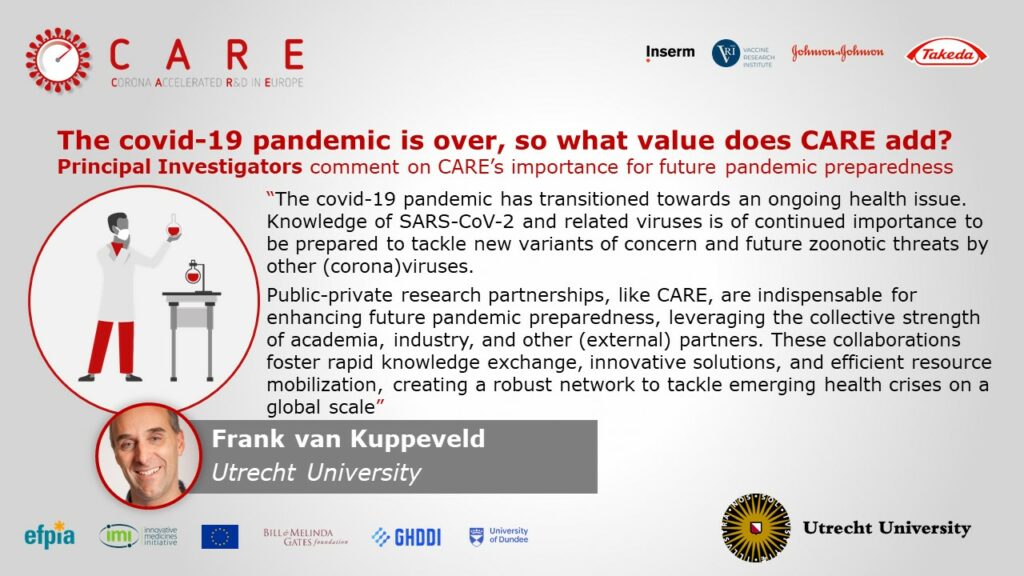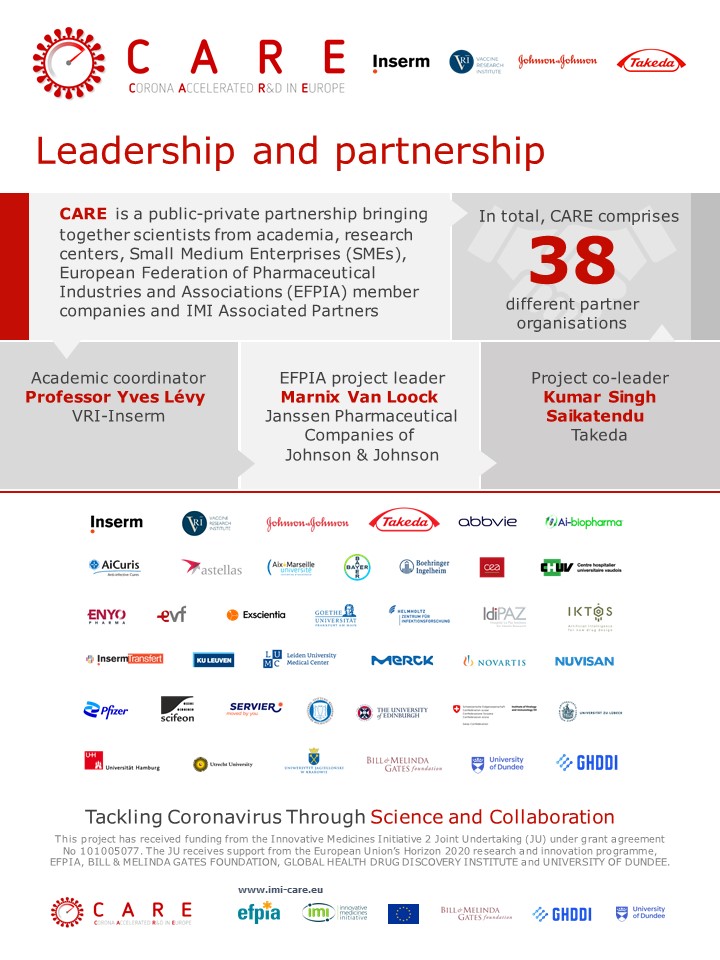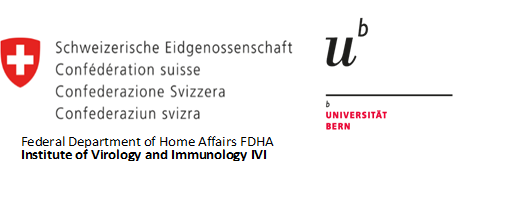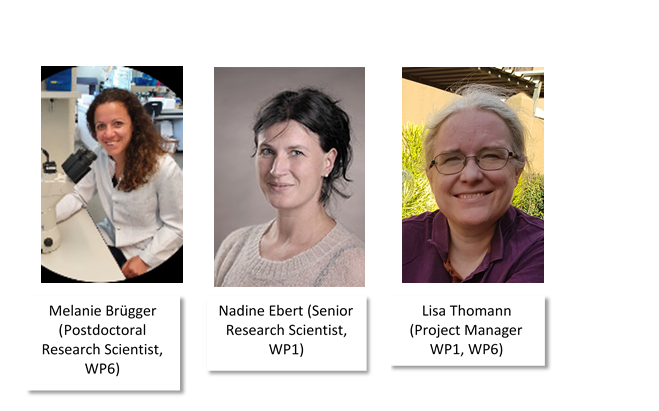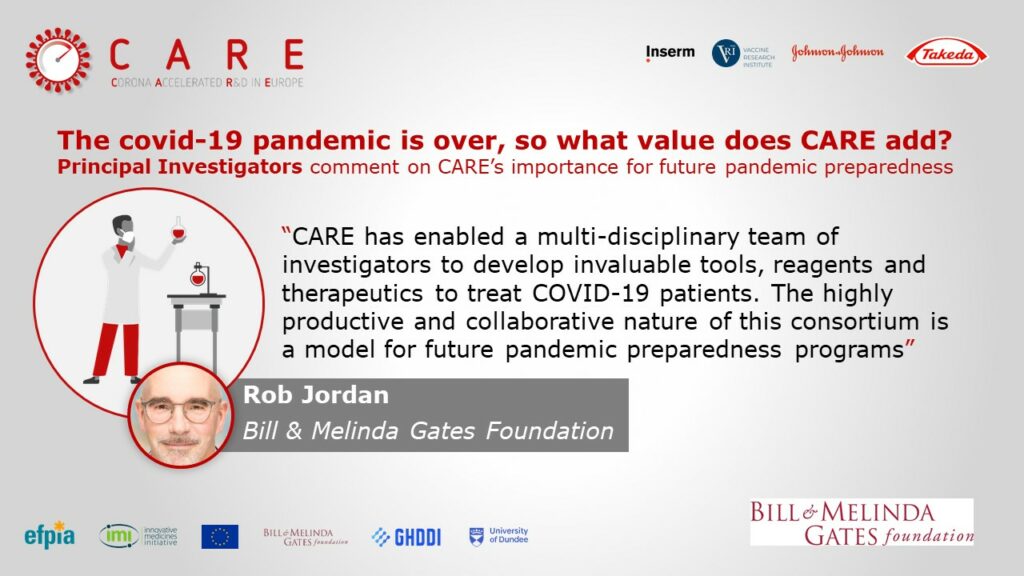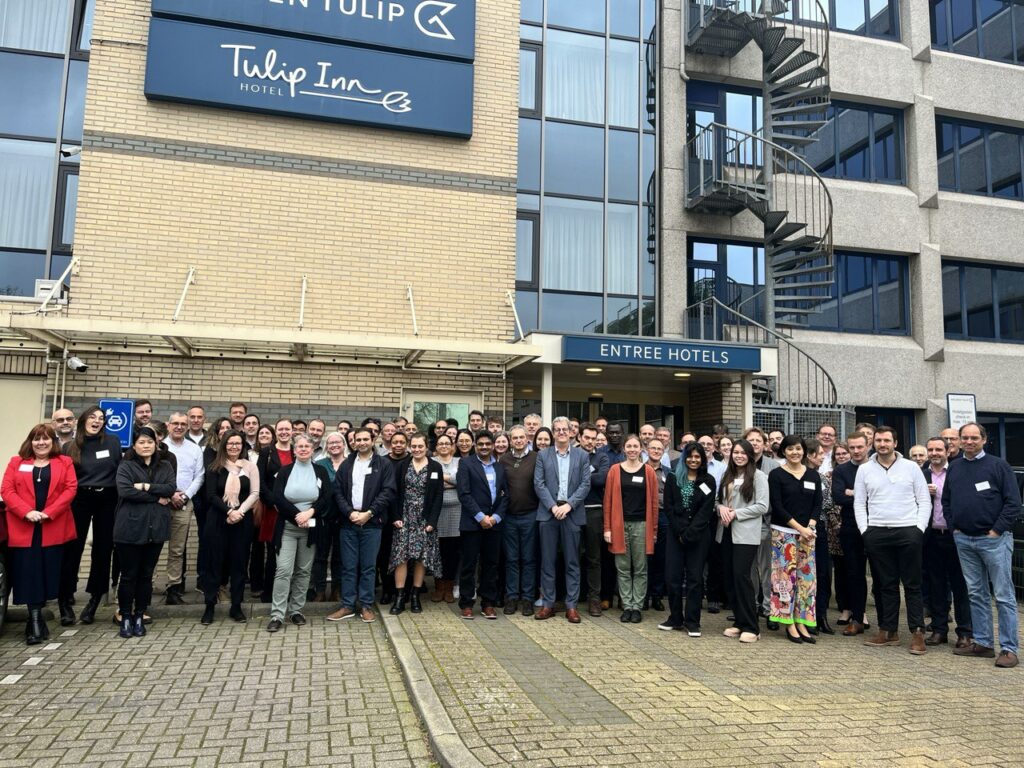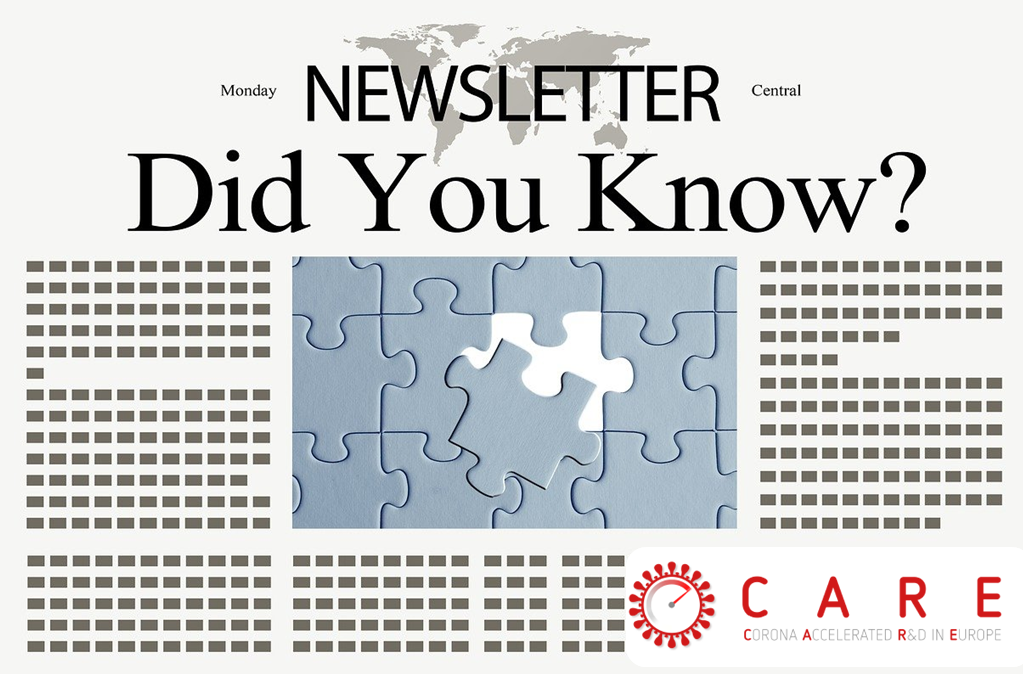Why did IVI choose to get involved in CARE?
IVI decided to get involved with CARE primarily through the involvement in the SCORE project of which IVI were one of the core eight partners. All 8 partners from SCORE are also in the CARE consortium. Secondly, the Thiel team has more than 25 years of experience of working with coronaviruses, so the opportunity to combine efforts with the Benarafa team was a possibility that could not be missed due to their considerable expertise in dissecting the immune response using infectious disease models.
What has IVI delivered for CARE?
IVI’s achievements in CARE includes the production of fluorescent viruses in Work Package 1 (WP1) which were pivotal in the development of a high-throughput dual-reporter screening assay for antiviral drug discovery. This was possible due to the close collaboration with the team of Pieter Leyssen in KU Leuven (DOI: 10.1016/j.antiviral.2022.105506). Second, the IVI team also made a series of mutant viruses incorporating changes implicated in drug-resistance. This was done with the team of Dirk Jochmans from KU Leuven also within the context of WP1 (doi.org/10.1128/mbio.02815-22). In WP6, the IVI has contributed considerably by developing animal models for testing the efficacy of antivirals developed in the drug pipeline of the CARE project.
For more information about the different work packages, please click here
What benefits has IVI enjoyed through participating in CARE?
Both the Thiel and Benarafa teams have been able to broaden their networks, which have led to the instigation of a new EU-funded project to develop broad acting antivirals against RNA viruses with pandemic potential (PanViPrep), which began at the start of 2024. Other collaborations have also started with CARE colleagues working on other coronaviruses (including Feline Infectious Peritonitis). Undoubtedly, these opportunities have been facilitated through our participation in the CARE project.
In addition to Volker and Charaf, the IVI team includes

